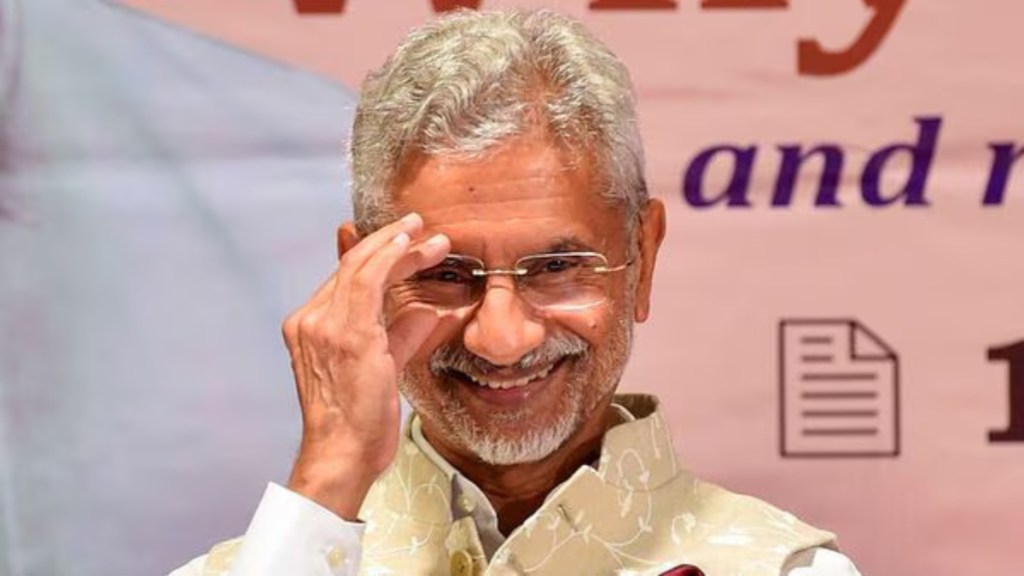In recent diplomatic exchanges, Indian Foreign Minister S Jaishankar has boldly rejected Western warnings, stressing India’s sovereignty and the need for equitable global relations. Amidst accusations from the US and Canada regarding India’s electoral process, Jaishankar deftly challenged their assumptions, stating, “Countries resorting to legal adjudication of electoral outcomes lecture us on conducting elections.” This response underscores India’s confidence in its democratic institutions while questioning Western interventionism.
Chabahar Port and US Sanctions
The External Affairs Minister was speaking at an interaction after the launch of the Bengali version of his book ‘Why India Matters’ in Kolkata on Tuesday.
His smart diplomatic discretion was evident in his response to US sanctions threats concerning the India-Iran Chabahar Port deal. Rejecting narrow perspectives, Jaishankar advocated for holistic cooperation, highlighting the deal’s potential for fostering communication and trust, benefitting all parties involved. His remarks signal India’s commitment to principled engagement despite external pressures, reaffirming its strategic autonomy.
India-China Border Issue
Addressing the contentious India-China border issue, Jaishankar acknowledged the unprecedented troop deployments along the Line of Actual Control (LAC) in 2020. He underscored India’s vigilance in safeguarding its borders while highlighting the need for bilateral peace for resolving long standing disputes.
The minister’s balanced stance reflects India’s determination to address security concerns while pursuing diplomatic avenues for reconciliation with China.
In Jaishankar’s assessment of Western interference in India’s internal affairs and his strategic manoeuvring amidst geopolitical tensions, he represents India’s assertive yet pragmatic foreign policy under the Modi government. His adept navigation of diplomatic challenges underscores India’s emergence as a confident global player, capable of safeguarding its interests while fostering cooperative relations.
As India asserts its rightful place on the world stage, Jaishankar’s leadership represents a balance of boldness and statesmanship, in line with India’s aspirations for a multipolar world order based on mutual respect and equitable partnerships. In an era marked by geopolitical instability and power realignments, Jaishankar’s diplomatic insight serves as an example for India’s pursuit of strategic autonomy and global equilibrium.

